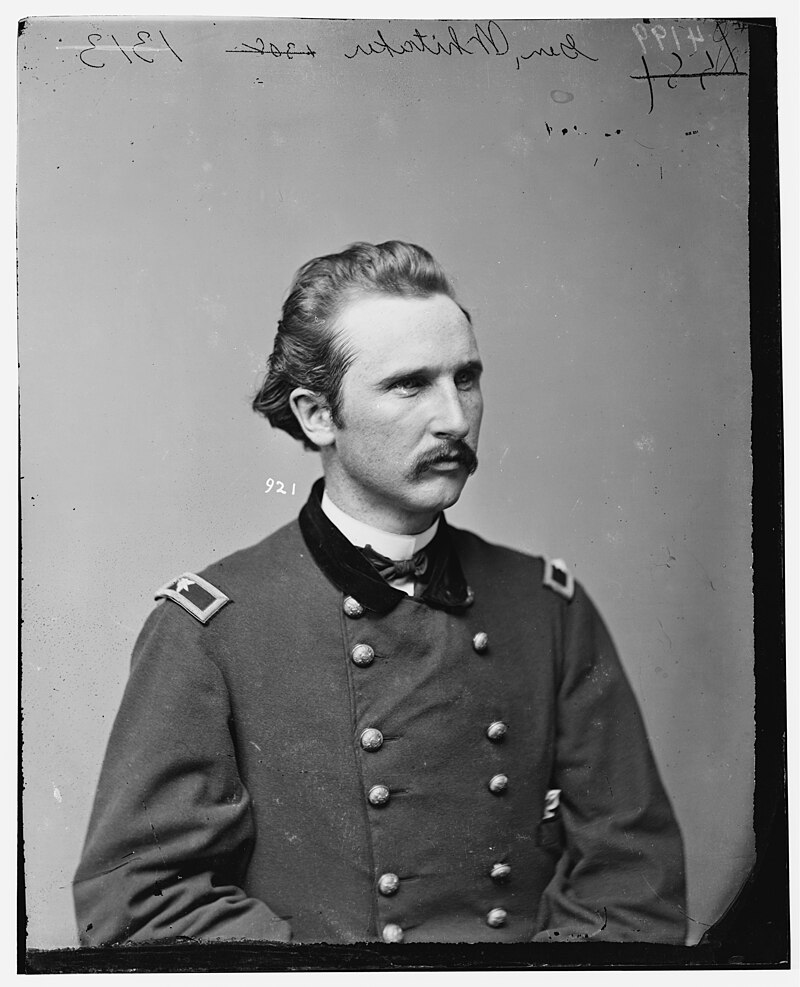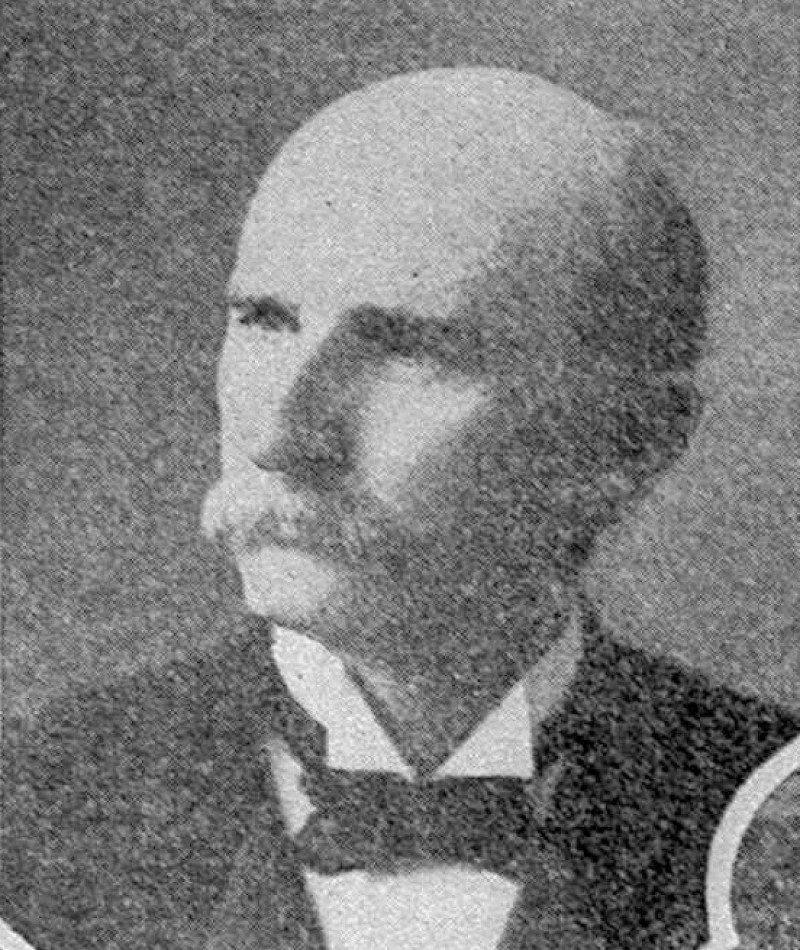General Edward W. Whitaker
General Edward W. Whitaker
Edward Washburn Whitaker was a notable figure in the Union Army during the American Civil War, known for his gallantry and achievements at a young age. Born in 1841, Whitaker enlisted in the Union Army along with three of his brothers. He initially served as a sergeant in the 2nd New York Cavalry Regiment but later became captain of Company E of the 1st Connecticut Cavalry Regiment.
Whitaker’s most distinguished act of bravery came at the Battle of Reams Station, Virginia, on June 29, 1864. Despite facing heavy enemy fire, he rode through enemy lines to deliver dispatches to Major General George Meade, the commander of the Army of the Potomac. This courageous act earned him the Medal of Honor, awarded to him on April 2, 1898, nearly 34 years after the battle.
In recognition of his meritorious service during the war, Whitaker was promoted to the rank of major in October 1864 and to lieutenant colonel in January 1865. At the young age of 23, he was brevetted as a brigadier general of volunteers in March 1865, making him one of the youngest generals in the Civil War.



After the war, Whitaker remained active in military societies, joining the District of Columbia Society of the Sons of the American Revolution and the Military Order of the Loyal Legion of the United States. He passed away at the age of 81 on July 30, 1922, and was laid to rest in Arlington National Cemetery.
Whitaker’s legacy lives on as a symbol of bravery and dedication to duty. His story serves as an inspiration to amateur historians interested in the Civil War, highlighting the remarkable achievements of young officers during this tumultuous period in American history.
From the Connecticut Veteran’s Hall of Fame
“Mr. Whitaker, a native of Killingly and graduate of Ashford public schools, fought in 82
engagements during the Civil War as a member of the First Regiment Connecticut Cavalry
Volunteers rising to the rank of brevet brigadier general at the age of 23. He was awarded the
Medal of Honor for his gallant actions at Reams Station, Virginia in June 1864. After the War,
he served as superintendent of the U.S. Capitol Building and was appointed postmaster of
Hartford by President Grant. During his post-war years in Connecticut, he organized and led
several new veterans’ organizations.”
Sources and Additional Resources:
- https://en.wikipedia.org/wiki/Edward_W._Whitaker
- https://www.cmohs.org/recipients/edward-w-whitaker
- https://www.loc.gov/pictures/item/cwp2003001194/PP
- https://portal.ct.gov/-/media/Departments-and-Agencies/DVA/Hall-of-Fame-Materials/Short_BIO_for_the_2006_inductees_to_the_Connecticut_Veterans_Hall_of_Fame.pdf
- https://catalog.archives.gov/id/533293?objectPage=2